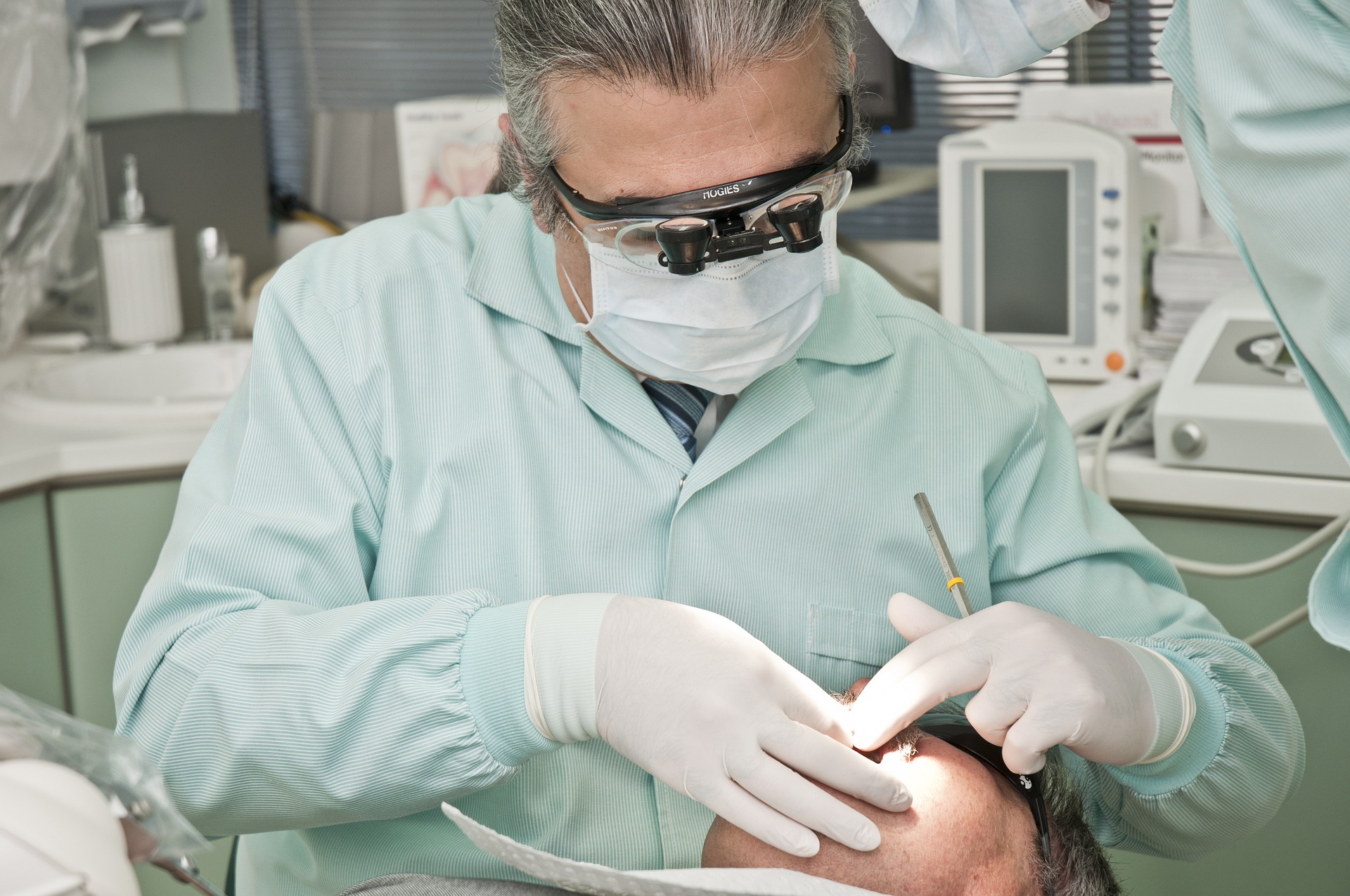Dental Implants Through HSE Dental Scheme: Complete Guide
In Ireland, dental implants through the HSE are typically reserved for patients with serious clinical needs. This guide helps you understand who qualifies, how to get referred, what documentation is needed, and what happens if your request is denied.

The Health Service Executive dental scheme offers vital oral health services to specific population groups across Ireland, but coverage for advanced procedures remains limited. Understanding how the system works, what treatments qualify for public funding, and realistic cost expectations helps patients make informed decisions about their dental care journey.
Eligibility for HSE-Funded Dental Work
The HSE dental scheme primarily serves medical card holders, providing access to essential oral health services through registered dentists. Eligibility extends to individuals holding full medical cards, children under the Dental Treatment Services Scheme (DTSS), and certain emergency cases. Medical card holders can access examinations, extractions, fillings, and some denture services without direct charges. However, cosmetic or elective procedures typically fall outside standard coverage. The scheme focuses on maintaining basic oral health rather than advanced restorative work. Patients should verify their specific entitlements with their local health office, as coverage can vary based on clinical necessity and regional resources.
Referral Pathway Through Public Clinics
Accessing specialized dental treatment through the HSE requires following established referral protocols. Patients typically begin with their general dentist or medical practitioner, who assesses the clinical need and documents the condition requiring intervention. If deemed medically necessary, the dentist submits a referral to the appropriate HSE dental clinic or hospital dental department. Waiting times vary considerably depending on urgency classification and regional capacity. Non-urgent cases may face extended waiting periods, sometimes spanning months or longer. Emergency situations receive priority assessment. The referral must include comprehensive clinical justification, particularly for complex procedures. Patients should maintain regular contact with the referring clinic to track their position on waiting lists and provide updated contact information.
Typical Costs Not Covered
While the HSE scheme covers essential treatments, dental implants generally fall outside standard public funding provisions. These advanced restorative procedures are typically classified as elective rather than emergency care. Patients seeking implant treatment usually bear the full private cost, which varies significantly based on complexity, location, and provider expertise. Single implant procedures in Ireland typically range from €1,800 to €3,500, including the implant fixture, abutment, and crown. Multiple implants or full-arch restorations can exceed €15,000 to €25,000. Additional procedures like bone grafting or sinus lifts add €500 to €2,000 per site. Diagnostic imaging, temporary restorations, and follow-up appointments generate separate charges. Geographic location influences pricing, with urban practices often commanding higher fees than rural counterparts.
| Treatment Component | Provider Type | Cost Estimation |
|---|---|---|
| Single Implant (Complete) | Private Dental Practice | €1,800 - €3,500 |
| Bone Grafting Procedure | Specialist Clinic | €500 - €2,000 |
| Full-Arch Restoration | Implant Center | €15,000 - €25,000 |
| CT Scan/Diagnostic Imaging | Dental Hospital/Private | €150 - €400 |
| Temporary Restoration | General Dentist | €200 - €600 |
Prices, rates, or cost estimates mentioned in this article are based on the latest available information but may change over time. Independent research is advised before making financial decisions.
Required Clinical Reports
Securing approval for specialized dental treatment through public pathways demands thorough clinical documentation. Dentists must provide detailed reports outlining the patient’s oral health status, previous treatments attempted, and specific justification for the proposed intervention. Radiographic evidence, including panoramic X-rays or CT scans, supports the clinical assessment. Reports should document how the condition impacts function, nutrition, or overall health rather than purely aesthetic concerns. Medical history, including medications and systemic conditions affecting healing, requires complete disclosure. The HSE reviews submissions based on clinical necessity criteria, prioritizing cases where conventional treatments have failed or are unsuitable. Incomplete documentation delays processing, so patients should ensure their dentist provides comprehensive records. Keeping personal copies of all clinical reports facilitates continuity of care if referrals to multiple specialists become necessary.
Alternatives to State-Funded Implant Treatment
Patients unable to access implant treatment through public channels have several alternative pathways. Private dental insurance policies occasionally provide partial coverage for implant procedures, though waiting periods and annual limits apply. Payment plans offered by dental practices allow spreading costs over extended periods, making treatment more financially accessible. Dental schools and teaching hospitals sometimes offer reduced-fee services performed by supervised students, though treatment timelines extend longer. Traveling abroad for dental tourism has gained popularity, with destinations offering significantly lower prices, but patients must weigh risks including follow-up care complications and varying quality standards. Traditional alternatives like bridges or dentures remain viable options, costing substantially less while addressing tooth loss. Some charitable organizations and dental outreach programs provide assistance to individuals facing financial hardship, though availability is limited. Exploring multiple options and obtaining several professional opinions helps patients identify the most suitable solution for their circumstances.
Understanding Your Options
Making informed decisions about dental implant treatment requires realistic expectations about public funding limitations and private costs. While the HSE dental scheme provides essential services to eligible populations, advanced restorative procedures typically require private financing. Patients should thoroughly research providers, verify credentials, request detailed treatment plans with itemized costs, and explore all available financing options. Maintaining open communication with dental professionals about financial constraints often reveals flexible solutions. Prioritizing oral health through preventive care reduces the likelihood of requiring complex interventions. For those facing significant tooth loss impacting quality of life, persistent advocacy within the public system combined with exploration of alternative funding sources may eventually yield accessible treatment pathways.




